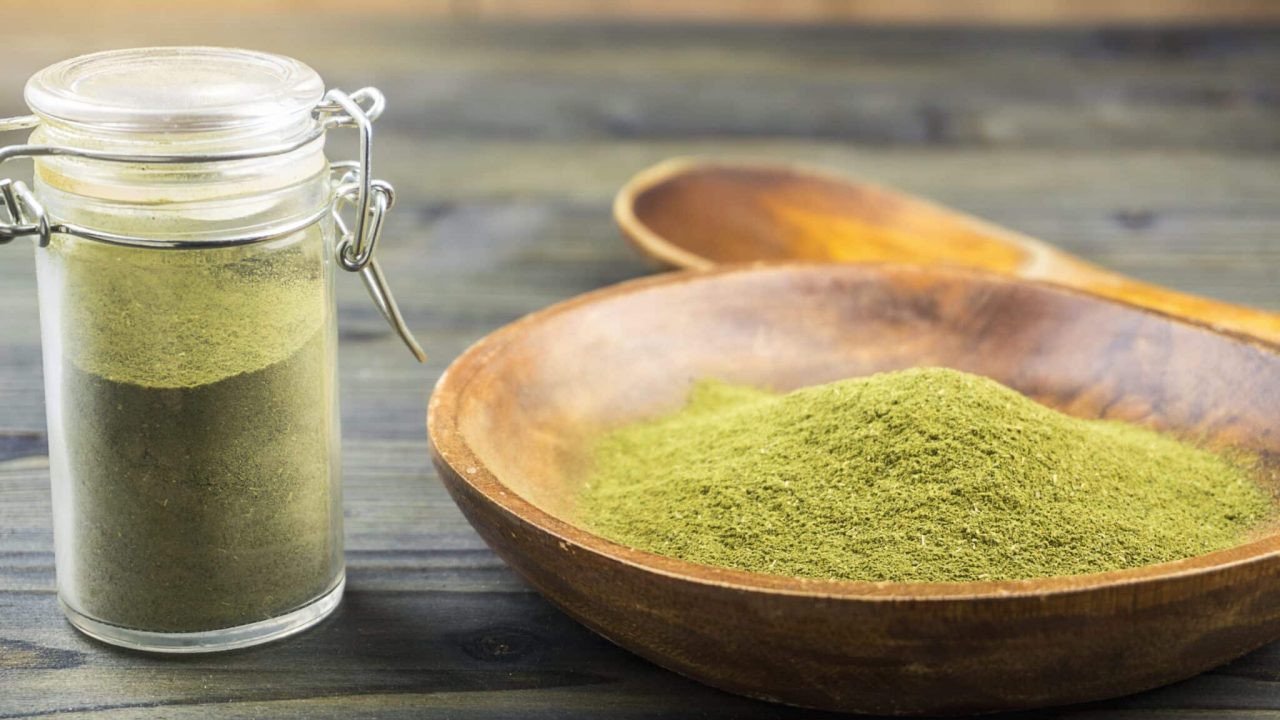Kratom, derived from the Mitragyna speciosa plant native to Southeast Asia, has gained popularity in recent years as both a natural remedy and a recreational substance. While some view it as a helpful aid for pain relief or stress management, regular kratom use can lead to physical dependence, kratom withdrawal symptoms, and significant health challenges when stopped.
At our rehab in Charlotte, NC, we understand the challenges individuals face when overcoming kratom dependence. Our Intensive Outpatient Program (IOP) and Partial Hospitalization Program (PHP) provide the support needed to navigate recovery safely. This article explores the complexities of kratom withdrawal, symptoms to watch for, and effective ways to manage this condition.
What Is Kratom?
Origin and Uses
Kratom has been used for centuries in Southeast Asia for its stimulant effect at low doses and sedative properties at higher doses. In modern times, kratom is often consumed as an herbal remedy, marketed for stress relief, improved energy, and chronic pain management. Despite these claims, the FDA has not approved kratom for medical use, and its use disorder potential is a growing concern.
How It Works on the Brain
Kratom’s active compounds, mitragynine and 7-hydroxymitragynine, interact with opioid receptors in the brain, producing effects similar to opioids such as euphoria, relaxation, and pain relief. Over time, this interaction can lead to dependence, where the brain relies on kratom to maintain balance. These similarities to opioid withdrawal symptoms make kratom withdrawal a significant challenge for many users.
Methods of Consumption
Kratom is commonly consumed in powder or capsule form or brewed into tea. Its availability in smoke shops and online platforms has contributed to its widespread use. However, misuse can result in serious health risks, including kratom addiction, psychological withdrawal symptoms, and other complications.
Why Does Kratom Withdrawal Occur?
Dependency and Addiction
Frequent kratom use increases tolerance, leading to kratom dependence and addiction. Individuals may experience withdrawal symptoms when the substance is suddenly stopped, resembling those seen in opiate withdrawal or opioid use disorder. Signs of kratom addiction include:
Needing higher doses to achieve the same effect.
Spending excessive time acquiring or using kratom.
Neglecting responsibilities in favor of kratom use.
The Withdrawal Process
When someone stops using kratom, the body reacts to its absence, resulting in severe withdrawal symptoms or mild discomfort, depending on the level of dependency. Proper care is critical during this process.
Symptoms of Kratom Withdrawal
Physical Symptoms
- Muscle aches
- Sweating
- Nausea and vomiting
- Diarrhea
- Runny nose
- Tremors
Psychological Symptoms
- Anxiety and depression
- Irritability
- Insomnia
- Intense cravings
Some individuals may experience difficulty concentrating, jerky movements, and memory issues during withdrawal. Dangerous withdrawal symptoms, while rare, may include severe mood disturbances that necessitate immediate medical attention.
Kratom Withdrawal Timeline
The kratom withdrawal timeline varies based on factors such as dosage, frequency of use, and overall health. Generally, the process unfolds as follows:
- 6–12 Hours After Last Dose: Initial symptoms like irritability, cravings, and mild flu-like sensations begin.
- 1–3 Days: Symptoms peak, with intense physical discomfort and psychological distress, similar to opioid withdrawal symptoms.
- 4–7 Days: Physical symptoms subside, but emotional challenges such as anxiety and depression may persist.
- Weeks 2+: Most symptoms fade, but lingering psychological effects are possible in some individuals.
Is Kratom Withdrawal Dangerous?
While kratom withdrawal is typically not life-threatening, it can be extremely uncomfortable. Severe withdrawal symptoms, such as suicidal thoughts or intense cravings, underscore the importance of medical supervision. Left unmanaged, withdrawal increases the risk of relapse and continued substance abuse.
Managing Kratom Withdrawal
A holistic approach to addiction treatment focuses on supporting individuals during the withdrawal process, addressing both physical and psychological aspects to ensure a safe and effective recovery.
Medical Detox
Medical detox ensures a safe and comfortable withdrawal process. Under professional supervision, individuals can receive medications to manage symptoms like insomnia or nausea while stabilizing their overall health.
Tapering
Gradual reduction of kratom use minimizes symptoms and helps the brain adjust. This method reduces the risk of a rebound effect often seen with abrupt cessation.
Emotional Support
Therapies such as Cognitive Behavioral Therapy (CBT) and individual therapy are essential for addressing the psychological aspects of kratom withdrawal and building resilience.
Treatment for Kratom Dependence
Intensive Outpatient Program (IOP)
Our intensive outpatient program offers structured care that balances treatment with daily responsibilities. Clients participate in evidence-based therapies designed to address both mental health and addiction challenges.
Partial Hospitalization Program (PHP)
For those needing more comprehensive care, our PHP in Charlotte provides intensive support that bridges the gap between inpatient and outpatient services.
Support Groups
Connecting with others who understand the challenges of kratom addiction is vital. Support groups foster a sense of community and provide practical strategies for overcoming substance use disorder.
Finding Help at Nova Transformations
Kratom withdrawal can be a difficult journey, but recovery is possible with the right support. At Nova Transformations, we specialize in treating kratom addiction and other substance use disorders. Our tailored programs, including IOP and PHP, empower individuals to regain control and build healthier futures.
If you or a loved one is struggling with kratom dependence, contact Nova Transformations today. Together, we’ll navigate the path to recovery and a better tomorrow.








